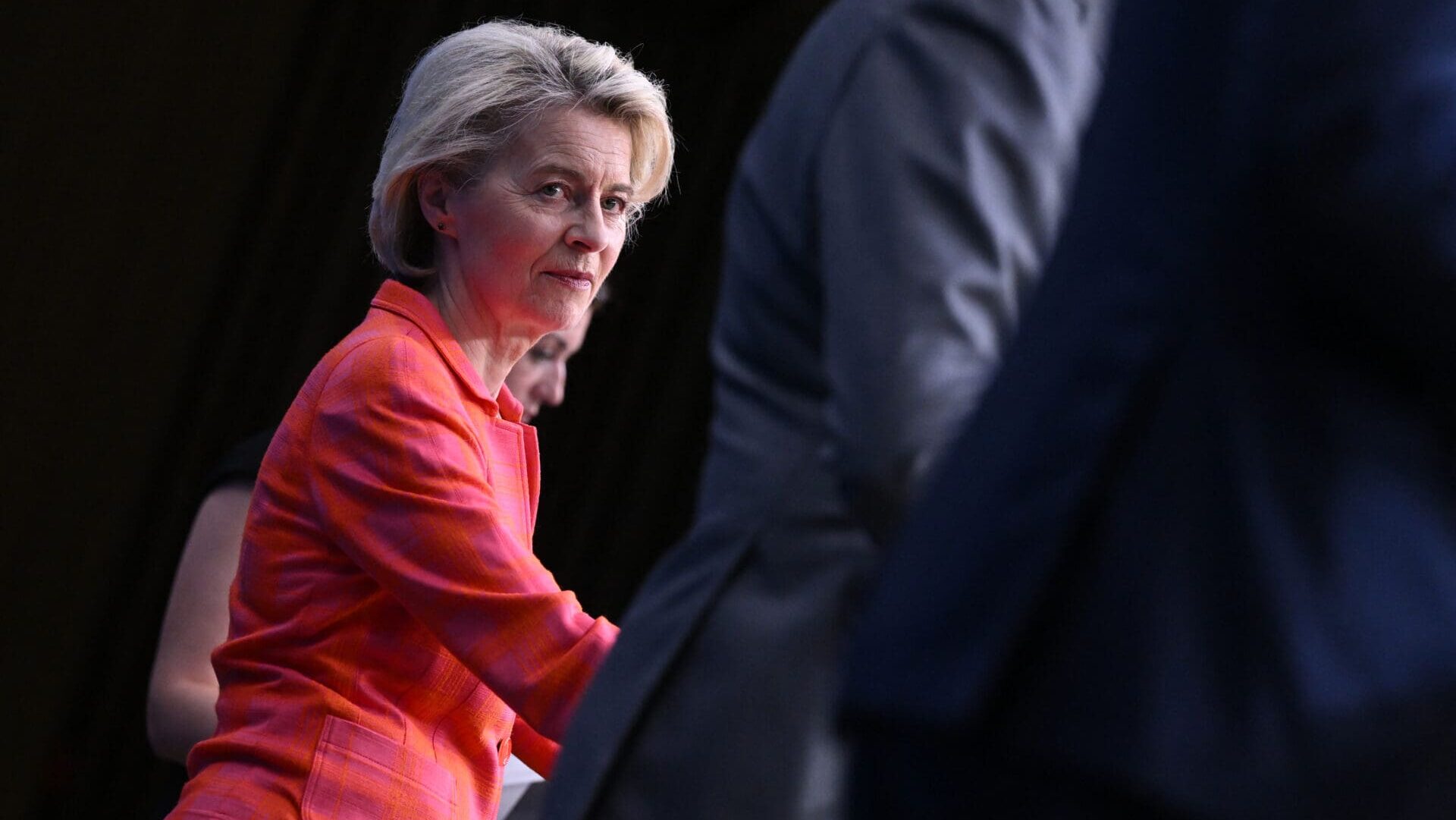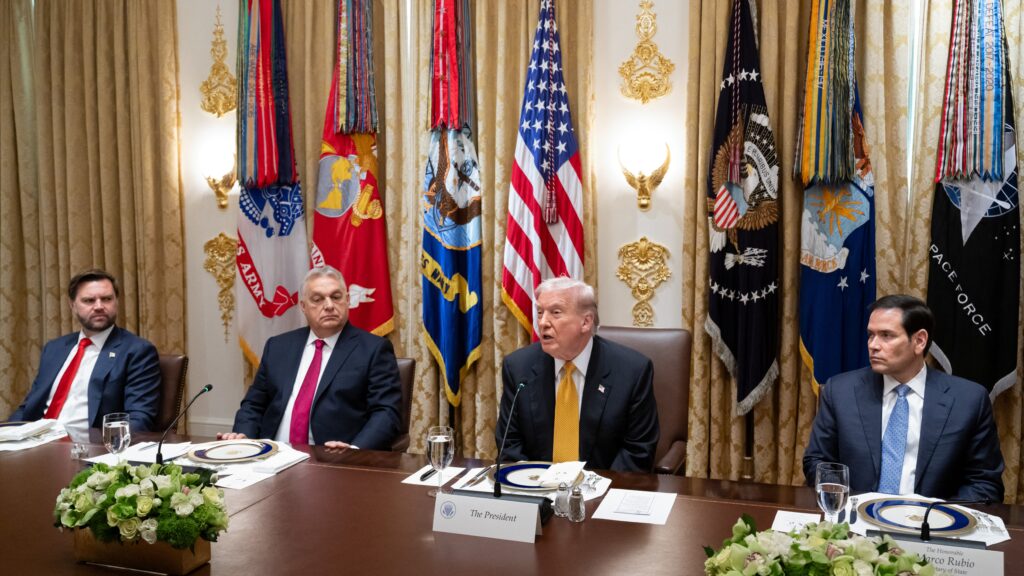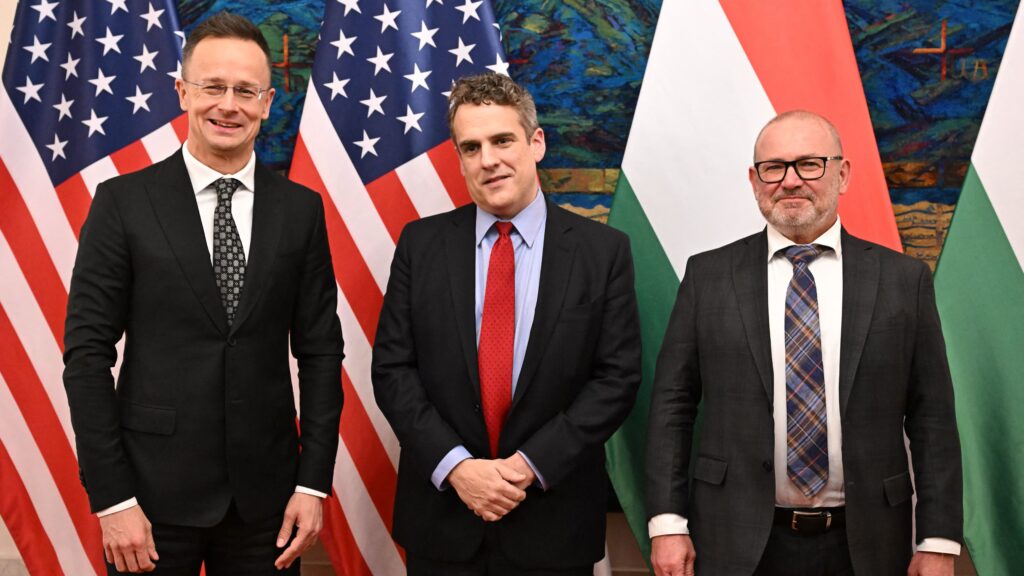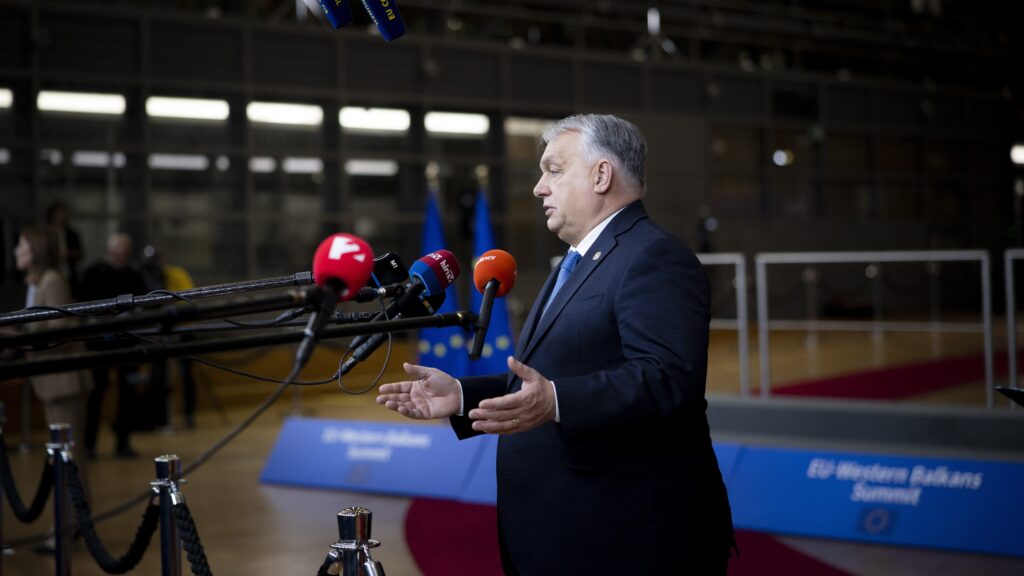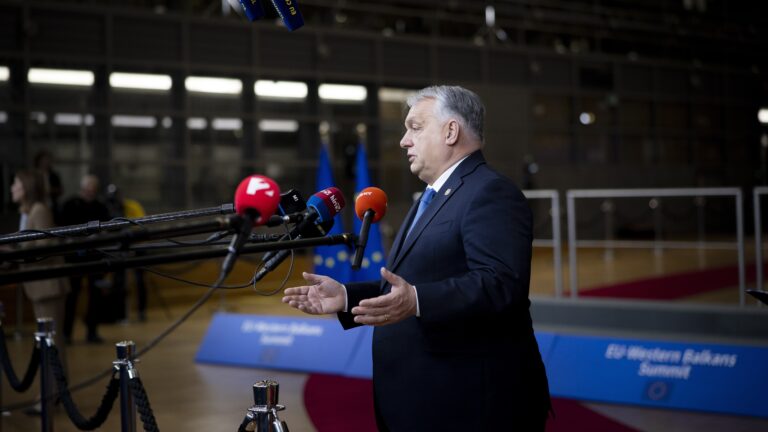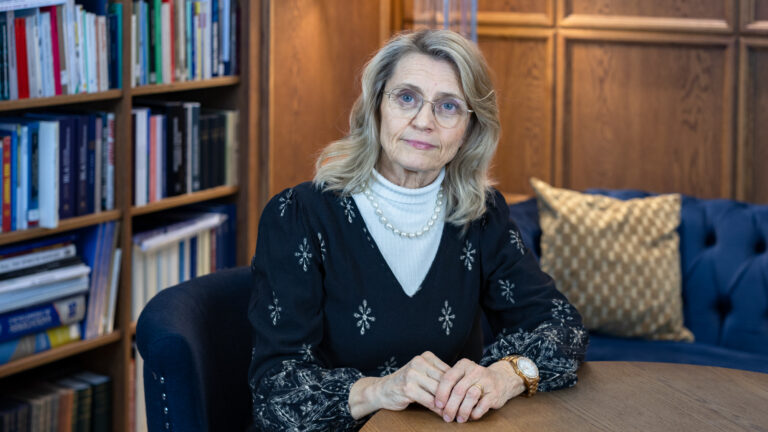After an evening of deliberations, the leaders of the European Union’s member states decided on Thursday their nominations for the EU’s top positions for the next five years. The European Council meeting yielded few surprises: current European Commission President Ursula von der Leyen is set for a second term, while current Estonian Prime Minister Kaja Kallas is poised to become the EU’s High Representative for Foreign Affairs and Security Policy, contingent upon the European Parliament’s approval of their nominations. Additionally, former Portuguese Prime Minister António Costa will succeed Charles Michel as the President of the European Council.
The post-election pact between the European People’s Party (EPP), the Socialists and Democrats (S&D), and the liberal Renew group, which excluded the right-wing political groups that had gained significant strength in the elections—most notably the European Conservatives and Reformists (ECR) led by Giorgia Meloni—has clearly prevailed. Hungarian Prime Minister Viktor Orbán told the press yesterday that
this alliance was built on lies.
‘The @EPP built a coalition of lies and deceit with the Socialists and the Liberals. We cannot and will not support this shameful agreement. This is not what the European people voted for!’ PM Orbán wrote in a post on X.
The @EPP built a coalition of lies and deceit with the Socialists and the Liberals. We cannot and will not support this shameful agreement. This is not what the European people voted for! #EUCO pic.twitter.com/Mz2MVkutgU
— Orbán Viktor (@PM_ViktorOrban) June 27, 2024
According to POLITICO Brussels, Orbán voted against von der Leyen, abstained on Kaja Kallas, and supported Costa’s candidacy.
The EPP-led coalition has notably excluded Meloni from the nomination process, despite the ECR being the third-largest political group in the new European Parliament, which clearly defies the electorate’s will. The Italian Prime Minister expressed her dissatisfaction following the meeting: ‘I decided not to support it out of respect for the citizens and the indications that came from those citizens during the elections. We continue to work to finally give Italy the weight it deserves in Europe,’ she wrote on X. Meloni abstained from supporting a second term for von der Leyen and voted against Costa and Kallas.
La proposta formulata da popolari, socialisti e liberali per i nuovi vertici europei è sbagliata nel metodo e nel merito. Ho deciso di non sostenerla per rispetto dei cittadini e delle indicazioni che da quei cittadini sono arrivate con le elezioni. Continuiamo a lavorare per…
— Giorgia Meloni (@GiorgiaMeloni) June 27, 2024
Not Giving Peace a Chance
We are already familiar with Ursula von der Leyen, who tends to extend her role beyond that of the head of the Commission to act as a ‘geopolitical’ leader, setting the direction of the Union on various issues, including foreign policy. In the case of China, this has resulted in advocating for the separation of the European and Chinese economies, initiating a trade war with China, and fostering a deteriorating relationship that does not bode well for Europe. Regarding the war in Ukraine, it means providing unconditional support for Ukraine, potentially prolonging the conflict and shutting the door on peace negotiations.
The nomination of Kaja Kallas as the EU High Representative for Foreign Affairs and Security Policy is a testament to this stance. Coming from one of the Baltic states, Kallas is known as one of the most anti-Russian politicians. Due to their historical experiences, people in the region have little trust in Moscow and are generally the most vocal advocates of punitive measures against Russia. In February, Kallas
did not rule out the possibility of EU member states sending troops to Ukraine.
‘Everything is on the table,’ she stated in response to a journalist’s question, days after French President Emmanuel Macron first mentioned the potential deployment of French troops to Ukraine.
Hard Weeks Ahead for von der Leyen
It is clear, therefore, that Europe is no closer to achieving peace with these individuals in top positions, despite a significant proportion of the electorate voting for peace. Additionally, it is by no means certain that the European Parliament will accept von der Leyen and Kallas, particularly in the case of the former.
To secure her second mandate, von der Leyen needs half of the 720 Members of the European Parliament (MEPs) plus one vote, which amounts to 361 votes. The EPP, S&D, and Renew together have just under 400 MEPs. Analysts expect a 10 per cent defection rate within these groups, meaning that with their support, the 361 votes could be narrowly enough. For instance,
several parties within the EPP have already indicated that they will not vote for von der Leyen.
Thus, the German politician must seek additional votes. However, this task will not be easy, especially since Meloni and the ECR were excluded from the candidate negotiations. Von der Leyen may need some of the ECR’s votes, but this presents a new challenge: for Renew and the S&D, collaborating with the ECR is a red line. The EP will vote on von der Leyen on 18 July.
If she falls short in the secret ballot, even by a single vote, the European Council has a month to deliberate and propose a new candidate. This outcome would be unprecedented and could potentially spark a political crisis.
Related articles:

